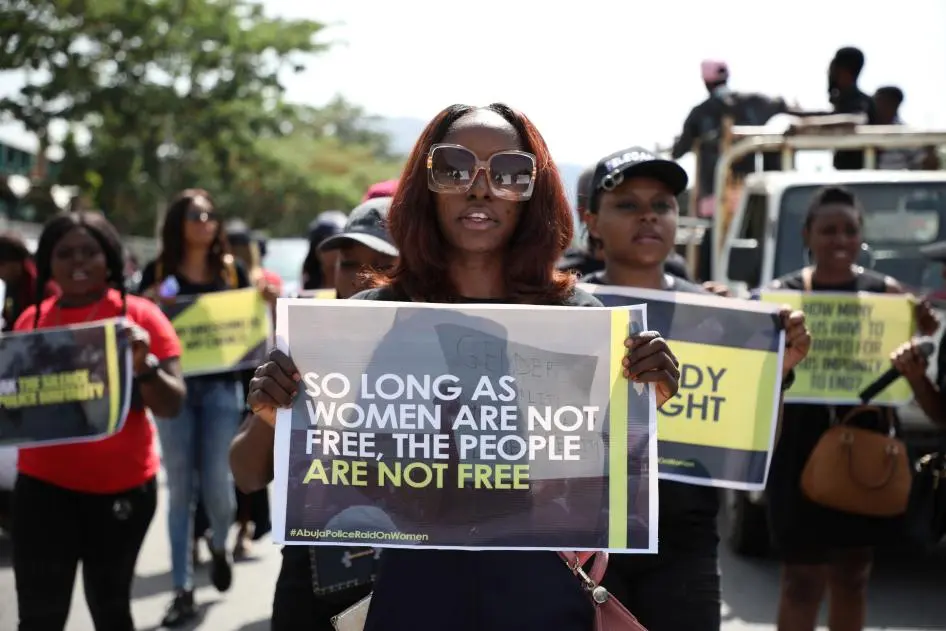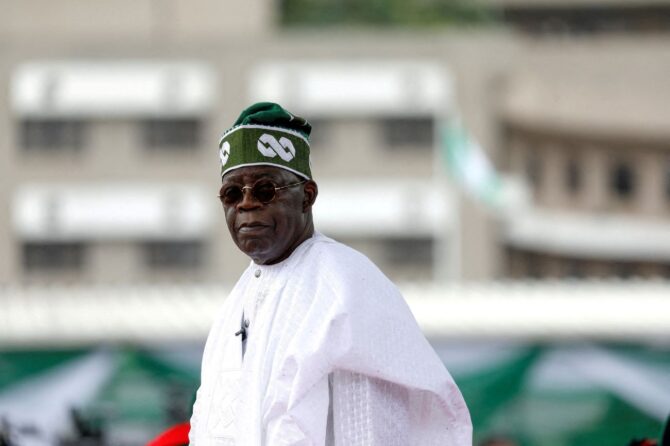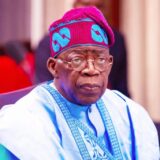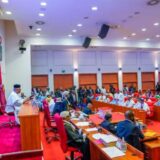ABUJA — As Nigeria strives to achieve gender equality, various initiatives are being implemented across sectors to address persistent disparities. From corporate leadership to grassroots community programs, these efforts aim to empower women, enhance their participation in decision-making, and combat gender-based violence. Despite notable progress, significant challenges remain that require sustained commitment from all stakeholders.
Key Gender Equality Programs in Nigeria
- Nigeria2Equal Program
Launched by the International Finance Corporation (IFC) in partnership with the Nigerian Exchange (NGX), the Nigeria2Equal program aims to reduce gender gaps in employment and entrepreneurship within Nigeria’s private sector. This initiative encourages companies to commit to measurable actions that increase women’s participation as leaders, employees, and entrepreneurs. Specific strategies include promoting equal pay, enhancing female representation in corporate leadership, and implementing family-friendly workplace policies. The program also features a peer-learning platform for participating companies to share best practices and drive change. - Nigerian Women Trust Fund (NWTF)
Established in 2011, the NWTF focuses on closing gender gaps at all levels of governance by enhancing women’s political participation and leadership. The organization runs various projects such as “Create Her Space” and “She Should Contest,” aimed at mobilizing women voters and supporting women-led organizations in addressing gender-based violence. NWTF has been instrumental in advocating for policy reforms that promote women’s rights and increase their representation in political offices. - WaterAid Nigeria’s WASH Initiatives
WaterAid Nigeria is committed to closing the gender gap in water, sanitation, and hygiene (WASH). On International Women’s Day 2025, the organization highlighted the challenges women face in this sector, including the burden of unpaid work related to water collection. WaterAid provides skills training and leadership opportunities for women in WASH committees, empowering them to take active roles in managing water resources and promoting hygiene education within their communities.
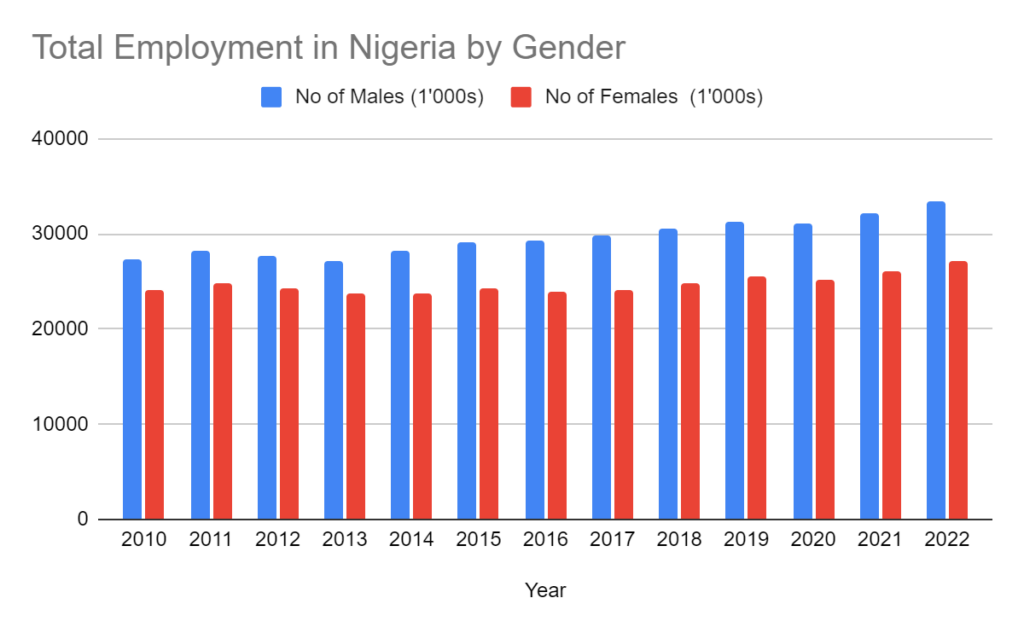
Government Policies on Gender Equality
The Nigerian government has implemented various policies aimed at promoting gender equality, including initiatives to increase female representation in leadership roles and campaigns against gender-based violence. However, public opinion on these efforts remains mixed; a recent survey indicated that only 31% of respondents felt that the government was doing enough to ensure gender equality.
Challenges Hindering Progress
Despite these initiatives, significant challenges persist. Cultural barriers, inconsistent enforcement of policies, and economic inequalities continue to impede progress toward gender equality. According to a report by WaterAid Nigeria, at the current rate of progress, full gender parity may not be achieved until 2158. This highlights the urgency for more robust interventions and investments in women’s empowerment.
The Path Forward
Achieving gender equality in Nigeria requires collaboration among governments, businesses, and civil society organizations. Programs like Nigeria2Equal demonstrate that private sector engagement can drive meaningful change. Meanwhile, grassroots efforts by organizations like NWTF highlight the importance of empowering women at all levels of society.
As stakeholders rally behind this cause, there is hope that Nigeria can accelerate its progress toward a more inclusive and equitable society.


